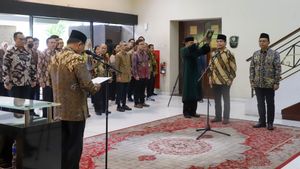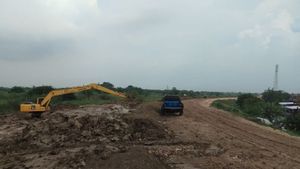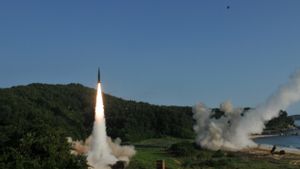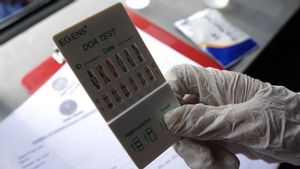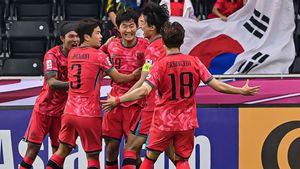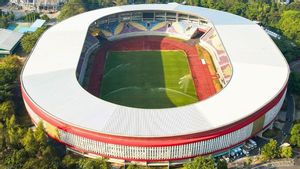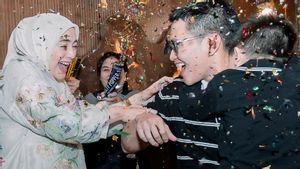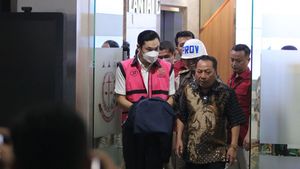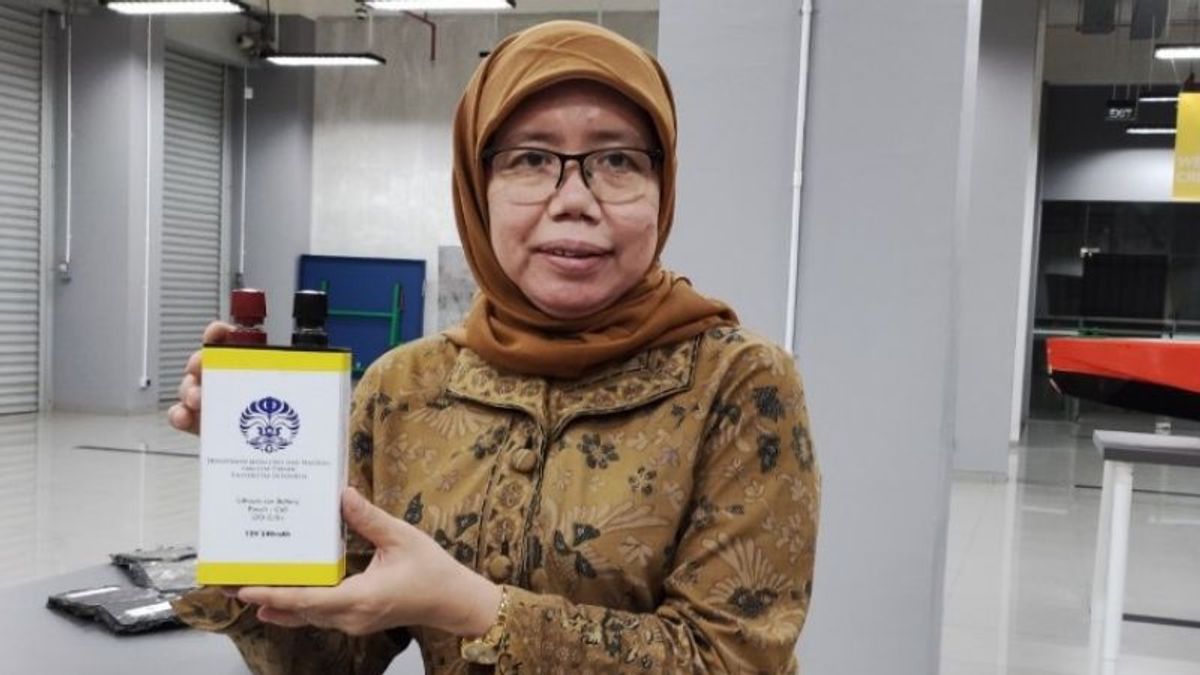
JAKARTA - The Research Team from the Department of Metallurgical and Materials Engineering, Faculty of Engineering, University of Indonesia (DTMM FTUI) developed an innovative lithium ion battery material for electric vehicles derived from processed coffee grounds. there is a lot of waste from coffee that is not used," said the Head of the FTUI Research Team, Ir. Bambang Priyono, MT in his statement, quoted by Antara, Thursday, November 4. He said that after the study, it turned out that coffee grounds can be processed into graphene to increase the LTO conductivity of Lithium-Ion batteries. In coffee grounds waste, we found the content of particles that can produce nanoparticles with good surface area conditions. "The better the surface area conditions, the more ions enter which can produce better energy," said Bambang explaining the idea the utilization of coffee grounds waste. The battery making material developed is made from coffee grounds waste which is processed into graphene and coconut shell waste which is processed into activated carbon to be added to the anode active material." This innovation is able to make the resulting battery lighter in weight and charging time faster power," he said. The Head of the Research Team for Lithium-Ion Batteries FTUI, Prof. Dr. Ir. Anne Zulfia Syahrial, M.Sc. explained that LTO is not prone to short circuits during the charging process. The electric current produced is more stable and safe than Lithium Graphite batteries which are commonly used in electric vehicle batteries today. at 175 mAh/g, lower than graphite at 372 mAh/g. Our team tried to overcome this weakness by mixing Sn or Si and activated carbon from coconut shell waste into a composite. We also process coffee grounds into graphene to be mixed with LTO," he said.
The advantages of the developed Lithium-Ion battery with LTO are its light weight and faster charging time. The FTUI Research Team estimates that this electric car battery with LTO can weigh 200 kilograms, much lighter than the current battery with the same capacity. the range of 500 kilograms. With this light weight, the mileage that can be achieved by the car will increase. While the current battery charging time is 30 minutes with a future target of reaching 15 minutes for full charging. This time is faster than electric car batteries which currently require 1.5 – 2 hours of charging time. The Dean of FTUI, Dr. Ir. Hendri DS Budiono, M.Eng., added that the electric battery innovation from FTUI will be very beneficial for the development of the electric vehicle industry in Indonesia. "I hope the industry can absorb the innovations produced by the FTUI academic community and then commercialize it," he said. Lithium-Ion with LTO is one of dozens of research products made by FTUI lecturers and researchers that are ready to be commercialized. These various research products are exhibited in the exhibition area on the 2nd floor of the i-CELL FTUI building and are open to the public as research tours and can be enjoyed directly and online by the wider community. The exhibition of FTUI's research results can be accessed through a virtual tour at https://bit.ly/BusinessMatchingFTUI.
The English, Chinese, Japanese, Arabic, and French versions are automatically generated by the AI. So there may still be inaccuracies in translating, please always see Indonesian as our main language. (system supported by DigitalSiber.id)


